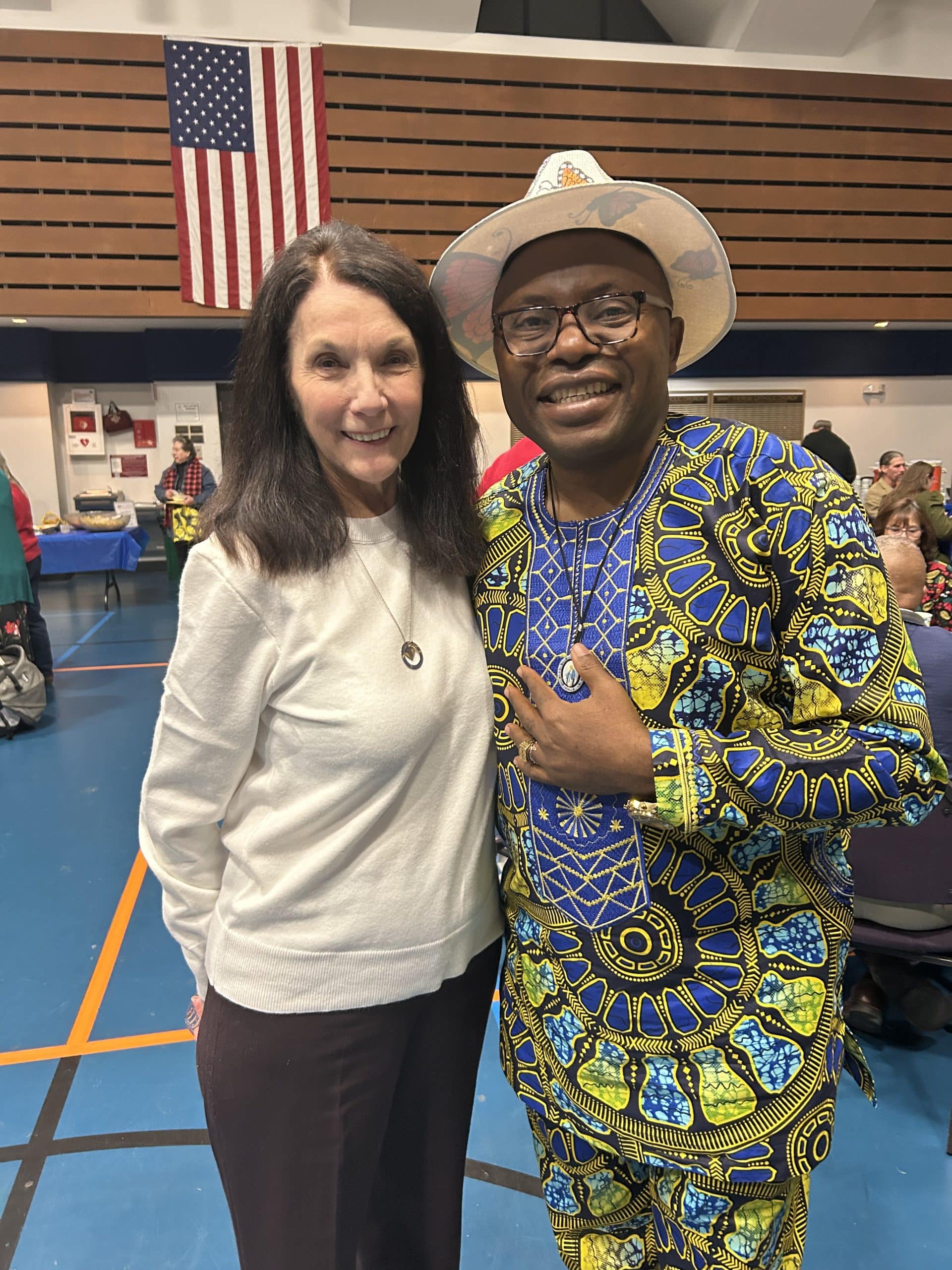Math skills are behind according to students’ fall assessments. Many blame the pandemic and remote learning. However, many students choose to opt-out of testing because of unreliable technology. Also, absenteeism is a factor in the lack of test-taking. For this reason, there is not an accurate picture of math growth. In comparison to last year, on average, math scores are 5% to 10 % lower in the elementary grades.
However, for the past 15 years, students have been behind in mathematics. Basic instruction of addition, subtraction, multiplication, and division are needed. Students must grasp a number pattern. They must have number sense as to a correct answer to a question or problem. Rote memorization of formulas and procedures do not provide number sense. As students play with math puzzles and search for number patterns, they acquire number sense. In other words, they discover and learn the skills of mathematics.
Some studies show students are advancing in math. Still, not as much as they would normally under different circumstances. Nonetheless, students are losing some ground in math. Even so, the losses are not as great as expected.
Math Skills Help
There are several ways to keep students learning in math. Many resources come from the internet. Additionally, students must understand that math is part of their daily lives. It is in their neighborhood, in the kitchen, in nature, in sports, etc. The math taught in the classroom or remotely, must coordinate with the math available outside the classroom. As this connection is made, students see an important tool to address and solve everyday situations using math as a basis.
Place the focus on easily acquired materials.
- Students can calculate volume by the measurement of a box.
- They can grow mold in a Ziploc bag. This covers both science and math.
- Additionally, students can practice measurement on feet, arms, or wingspan of members of their family.
- Surface areas are easily measured and compared.
Even though this is the most difficult school year yet, students must forge ahead in math skills. Parents and teachers must be flexible, patient, and resilient. Take a stand together as a community and support learning mathematics.




